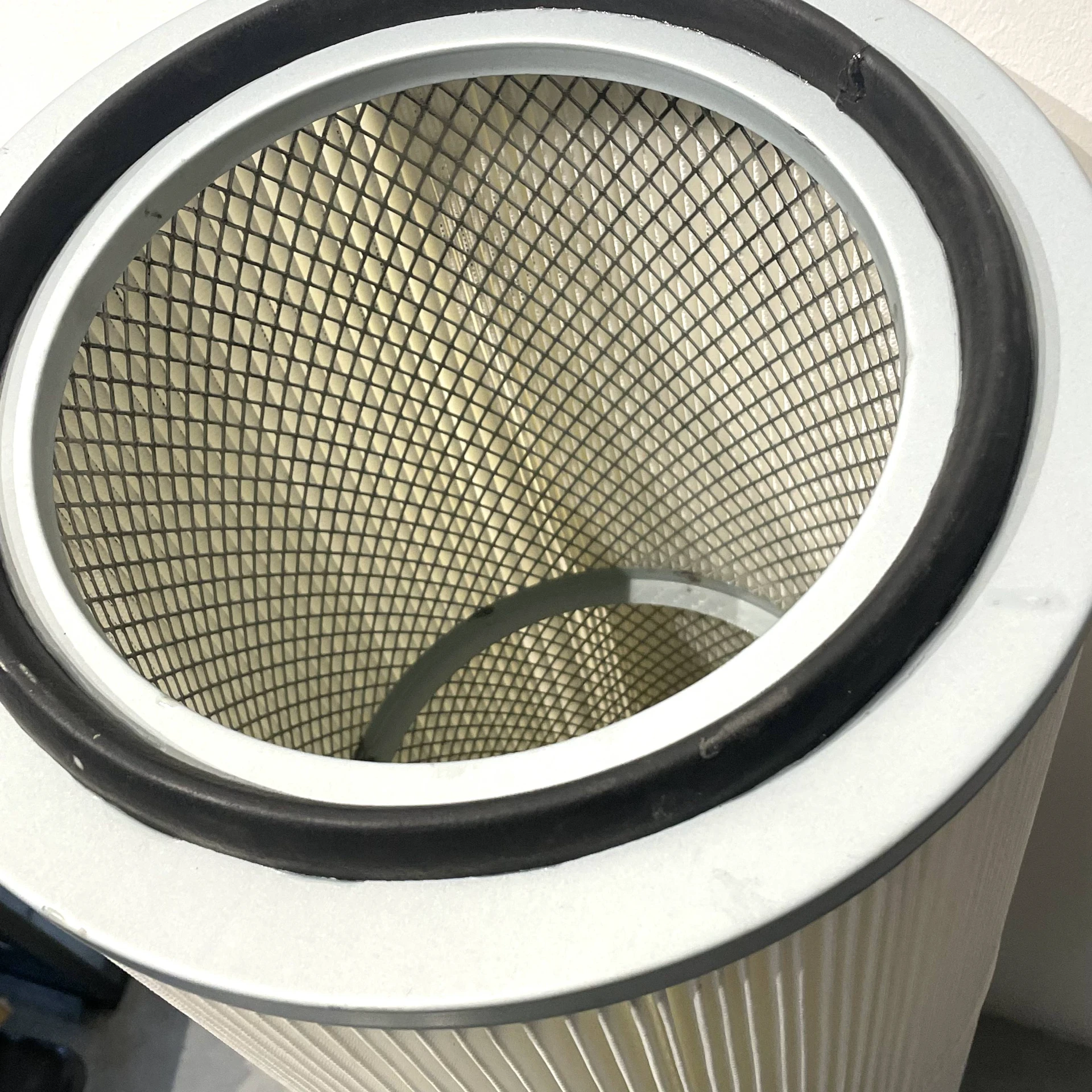 Tel:
+8618931101301
Tel:
+8618931101301
พ.ย. . 13, 2024 09:00 Back to list
gas turbine air intake filter
Gas Turbine Air Intake Filters Enhancing Performance and Efficiency
Gas turbines are essential components in various applications, including electricity generation, aviation, and industrial processes. One critical aspect of their performance lies in the maintenance and quality of air intake systems, particularly the filters that safeguard the turbine from contaminants. This article delves into the significance of gas turbine air intake filters, their types, and the impact of efficient filtration on the overall performance of gas turbines.
Importance of Air Intake Filters
Air intake filters play a pivotal role in ensuring the longevity and reliability of gas turbines. These filters prevent dust, dirt, and other particulate contaminants from entering the combustion chamber, where they could potentially damage sensitive components. Contaminants can lead to erosion, fouling, and corrosion, which negatively affect the turbine’s efficiency and operational lifespan. Therefore, a robust air filtration system is essential for maintaining optimal performance.
Types of Air Filters
There are various types of air intake filters used in gas turbines, each serving specific operational needs
1. Metal Mesh Filters Typically made from stainless steel or aluminum, these filters are durable and reusable. They are effective for coarser particles but may not sufficiently filter finer particles. Their primary benefit lies in their ability to withstand high temperatures and pressures.
2. Synthetic Filters Composed of synthetic materials, these filters are designed for high efficiency and minimal pressure drop. They can capture fine particulate matter and are often used in environments with high dust loads. Synthetic filters can also be treated with special coatings to enhance their filtering capabilities.
3. HEPA Filters High-Efficiency Particulate Air (HEPA) filters are among the most effective filtration solutions, capable of capturing up to 99.97% of particles as small as 0.3 microns. While more costly than other options, their effectiveness makes them suitable for critical applications where air quality is paramount.
4. Pre-Filters Often used in conjunction with HEPA or synthetic filters, pre-filters capture larger particles, extending the life of primary filters and reducing maintenance frequency. By catching dust and debris at initial stages, pre-filters contribute to a more efficient filtration system overall.
Impact on Performance and Efficiency
gas turbine air intake filter

The efficiency of gas turbines hinges on the quality of air entering the combustion chamber
. Poor air filtration can result in a myriad of issues, including- Reduced Efficiency Contaminants can disrupt the combustion process, leading to incomplete combustion and reduced thermal efficiency. This, in turn, increases fuel consumption and operational costs.
- Increased Maintenance Regular maintenance is crucial for gas turbines, and inadequate filtration can escalate the frequency of maintenance checks. The presence of contaminants may lead to more extensive repairs and component replacements, significantly impacting operational budgets.
- Shortened Lifespan Turbines exposed to excessive dirt and particles are prone to premature wear and degradation. This not only shortens their operational lifespan but also increases downtime as turbines require repairs or replacements.
Best Practices for Filter Maintenance
To ensure optimal performance from gas turbine air intake filters, adherence to best practices is essential
- Regular Inspection and Replacement Filters should be inspected regularly according to the manufacturer’s recommendations or based on operating conditions. Timely replacement ensures that filtration remains effective and uninterrupted.
- Monitoring Air Quality Understanding the specific environmental conditions where the turbine operates can guide the selection of proper filtration systems. Employing monitoring tools can help assess ambient air quality and determine when filters require maintenance.
- Clean Air Ducts It is vital to maintain cleanliness in ducts leading to the gas turbine. Accumulated dust and debris can hinder airflow and place additional stress on filters.
Conclusion
Gas turbine air intake filters are not merely accessories but crucial components that significantly impact the efficiency, reliability, and longevity of gas turbines. By investing in high-quality filters and adhering to proper maintenance practices, operators can enhance turbine performance, reduce operational costs, and extend the lifespan of these vital machines. In an era where energy efficiency and sustainability are paramount, effective air filtration systems will continue to play a crucial role in the performance of gas turbines across various industries.
-
Working principle of high-efficiency dust filter elementNewsJun.26,2025
-
The truth about washable filters: Does repeated use really not affect efficiency?NewsJun.25,2025
-
Effect of humidity on the performance of activated carbon filter elementsNewsJun.24,2025
-
Material selection considerations for dust removal filter elements under high temperature conditionsNewsJun.23,2025
-
Cold knowledge of air filters: Why are some designed to be pleated?NewsJun.16,2025
-
Factory direct supply! High-precision air filter element wholesale and customizationNewsJun.12,2025

 Email:
Email:





